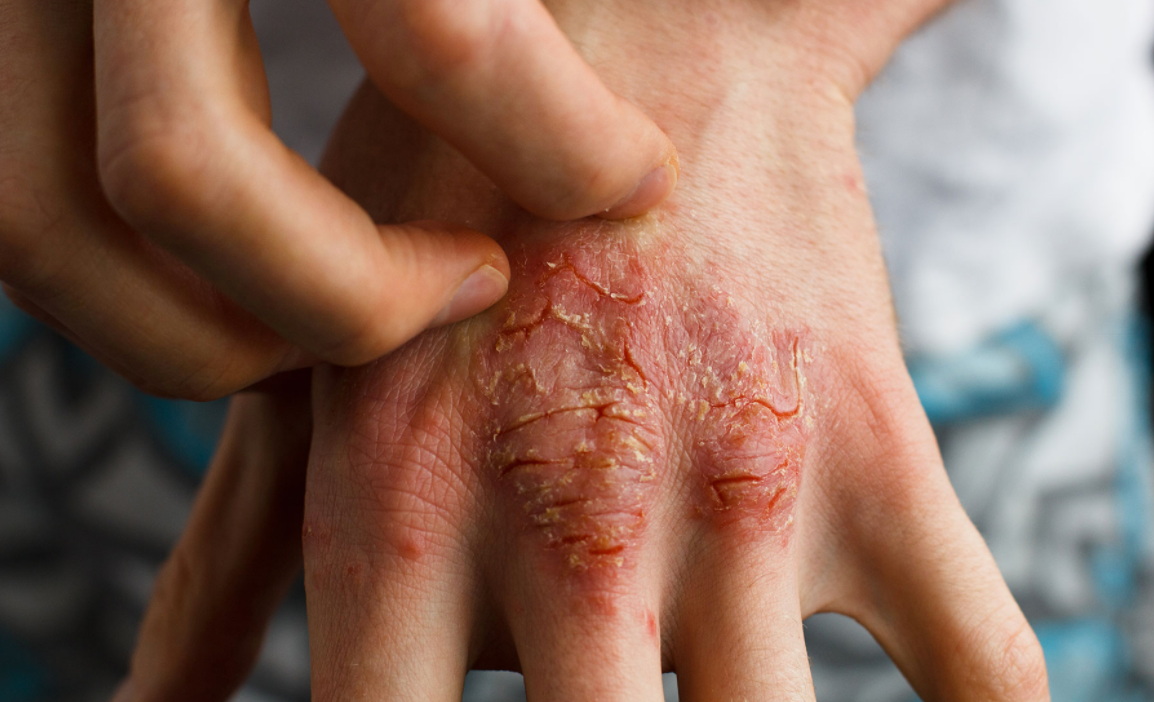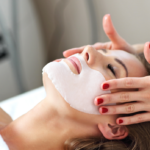Some Common Skin Conditions That Can Be Contagious

Do you have skin conditions on the face? Did you know that around 30% of the population will develop skin conditions caused by the sun in their lifetime? Skin conditions on the face and other skin areas are common for those of us who spend most of our time outdoors. Many people don’t notice sun damage unless it is very severe.
Other skin conditions may seem like common acne. Stubborn facial acne can be an early sign of a more serious underlying problem. To get clearer skin, you must first have the that serious underlying condition under control. Then, you can find out more about the skin conditions that may be plaguing you. Here are several symptoms of skin conditions that include acne.
Common Symptoms
Acne can be accompanied by itching and redness, small bumps or pimples, whiteheads and blackheads. There are many forms of skin conditions caused by acne, including atopic dermatitis, bacterial skin infections and irritants such as cosmetics. Atopic dermatitis is the most common, with sebaceous cysts forming around the nose, cheeks and forehead. This form of skin conditions includes an inflamed, itchy nose with a yellowish cast to it.
Contact dermatitis is another common skin condition. It is characterized by inflamed skin surrounding the nose, cheeks and eyes. The affected areas may also have small fluid-filled blisters. Contact dermatitis frequently affects the nose, cheeks and eyes; however, it can affect any area of the skin. Some patients even develop an open sore at the bridge of the nose due to the inflammation.
Another form of skin conditions affects people with eczema. It is characterized by dry, itchy skin with red, raised patches. Sometimes, the patches cause itchiness and tenderness, especially near the joints of the skin. Eczema usually affects young children, but it can also affect people with a family history of allergies. This type of condition can be very itchy and cause the skin to weep.

Both atopic and contact dermatitis can lead to increased risk of infection if not treated promptly. Increased risk of infection may be caused by increased exposure to allergens, such as dust, pollen and even animal dander. People who work in industries that expose them to increased risk of exposure to allergens are more likely to suffer from skin conditions caused by allergens.
Allergies
Allergic skin conditions are also common, and there are many different types of allergic skin disorders. These skin conditions are characterized by skin symptoms such as redness, itchiness and swelling. These skin conditions occur after an allergic reaction to something in the environment or by something ingested. Different kinds of food can trigger symptoms, such as milk, soy products and other foods that contain cow’s milk.
It is important to know that symptoms for some skin conditions do not go away, even if the skin disorder has no known cure. If you suffer from a skin disorder, you should try to find out its cause to avoid developing more skin conditions. The symptoms will only go away if the cause is dealt with. For example, if you are using skin products that contain certain chemicals, try changing to natural skincare products, which are less irritating to the skin and more effective in treating skin disorders.
Skin Rash
Another condition that experts advise people to be on the lookout for is a skin rash. A skin rash may appear suddenly, with bright red skin and a warm, itchy rash. This rash may appear in places that are not normally affected by it, such as the face and neck. It may also spread to other parts of your body, including your hands, feet and thighs. Rashes that spread quickly and have no specific area of infection are considered to be acute rashes, and they should immediately be seen by a doctor for proper diagnosis.
Skin Cancer
People who spend a lot of time outside in the sun, especially with tanning booths or sunlamps, are at greater risk of developing skin cancer. The sun exposure can lead to skin cancer if the skin cancer cells are not treated. People who regularly go outside without wearing any protective clothing are more at risk of developing skin cancer than people with a lifestyle that involves a fair amount of sun exposure. An annual skin cancer screening is recommended for all people over the age of 50. People who have a family history of skin cancer are advised to get regular skin cancer screenings as well.
Skin conditions are most often contagious when the symptoms are first noticed. If you notice any of the skin conditions described above, then you should consult a physician to get an accurate diagnosis. Your physician can perform tests to confirm whether the symptoms you are experiencing are actually of a skin problem and can recommend the appropriate treatment methods. Although it is not necessarily a serious skin problem, if left untreated it could worsen, resulting in serious complications.





